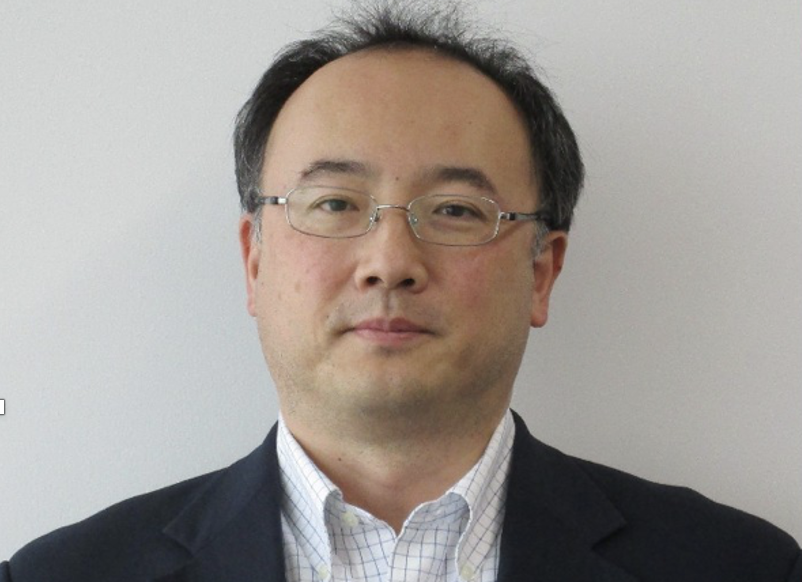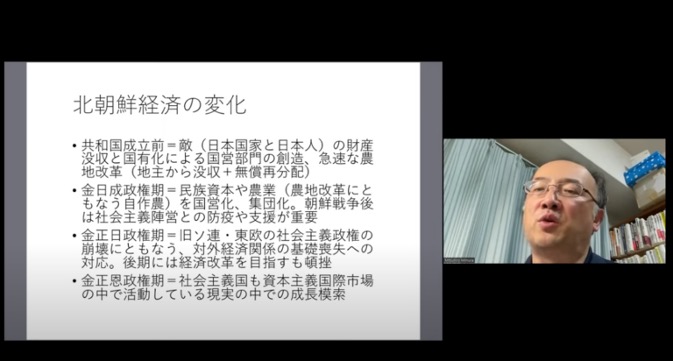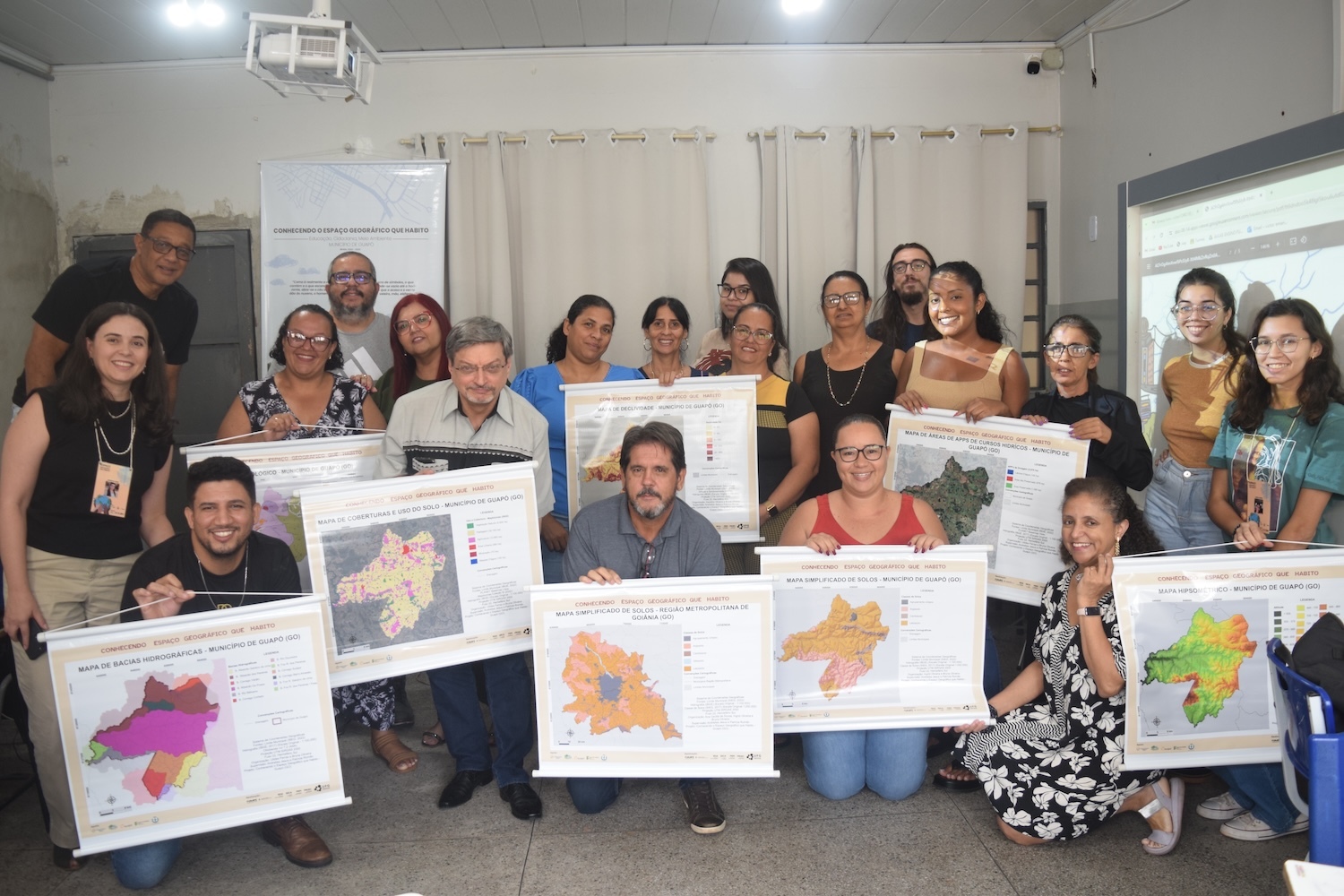While the peaceful reunification of the Korean peninsula will mainly fall to the Korean people, surrounding countries will play a critical role in supporting unification and peace in the region.
On July 31, 2022, Global Peace Foundation (GPF) Japan invited Dr. Mitsuhiro Mimura, Senior Research Fellow at the Economic Research Institute for Northeast Asia (ERINA), to give a webinar on the “Changes in the North Korean economy and future prospects—How to realize economic growth and improve citizen life.”

Dr. Mitsuhiro Mimura, Senior Research Fellow, Economic Research Institute for Northeast Asia.
According to current data, North Korea’s GDP per capita was about $1100 (USD) to $1200 compared to $31,846 in its southern counterpart in 2020. That is a whopping 2,800 percent disparity. When Germany united in 1990, the economic gap was only double between the West and East. Therefore, with such a big difference, immediate reunification of the Korean Peninsula may not be ideal from an economic point of view, said Dr. Mimura. In fact, there have been stories of people who left North Korea but could not keep up with the culture of capitalism in South Korea and actually returned to the North.
Dr. Mimura explained that unless this gap closes, it would be difficult to freely travel between North and South Korea, and submitted that North Korea’s GPD per capita would ideally rise to at least $10,000, which would allow for better living standards, social welfare, and employment. To that end, Dr. Mimura stated that Japan could play a crucial role since the country has a history of offering support to developing countries to raise their GDPs per capita, such as Vietnam, Myanmar, and Cambodia. Additionally, Japan has consulted such nations on policies for effective economic growth and has provided capacity-building training so the governments are able to support their economy. With Japan’s help, some of these nations have joined the World Trade Organization (WTO) and are also members of the Regional Comprehensive Economic Partnership (RCEP).

Dr. Mimura proposed that with Japan’s help, North Korea joining such partnerships is realistic and believes that if both North and South Korea share common economic goals, the North could join RCEP in a projected fifteen years and TPP in twenty years. Not only would Japanese support benefit North Korea, but Japan would likely enjoy peace and stability in the region as a result.
If the process of peace and stability in the Korean Peninsula could progress in such a way—moving from tension and conflict to peace and cooperation—not only would there be a clearer path of denuclearization, but reunification may just be desirable for all parties said Dr. Mimura.
Learn more about Global Peace Foundation’s efforts to support peaceful reunification of the Korean peninsula.



